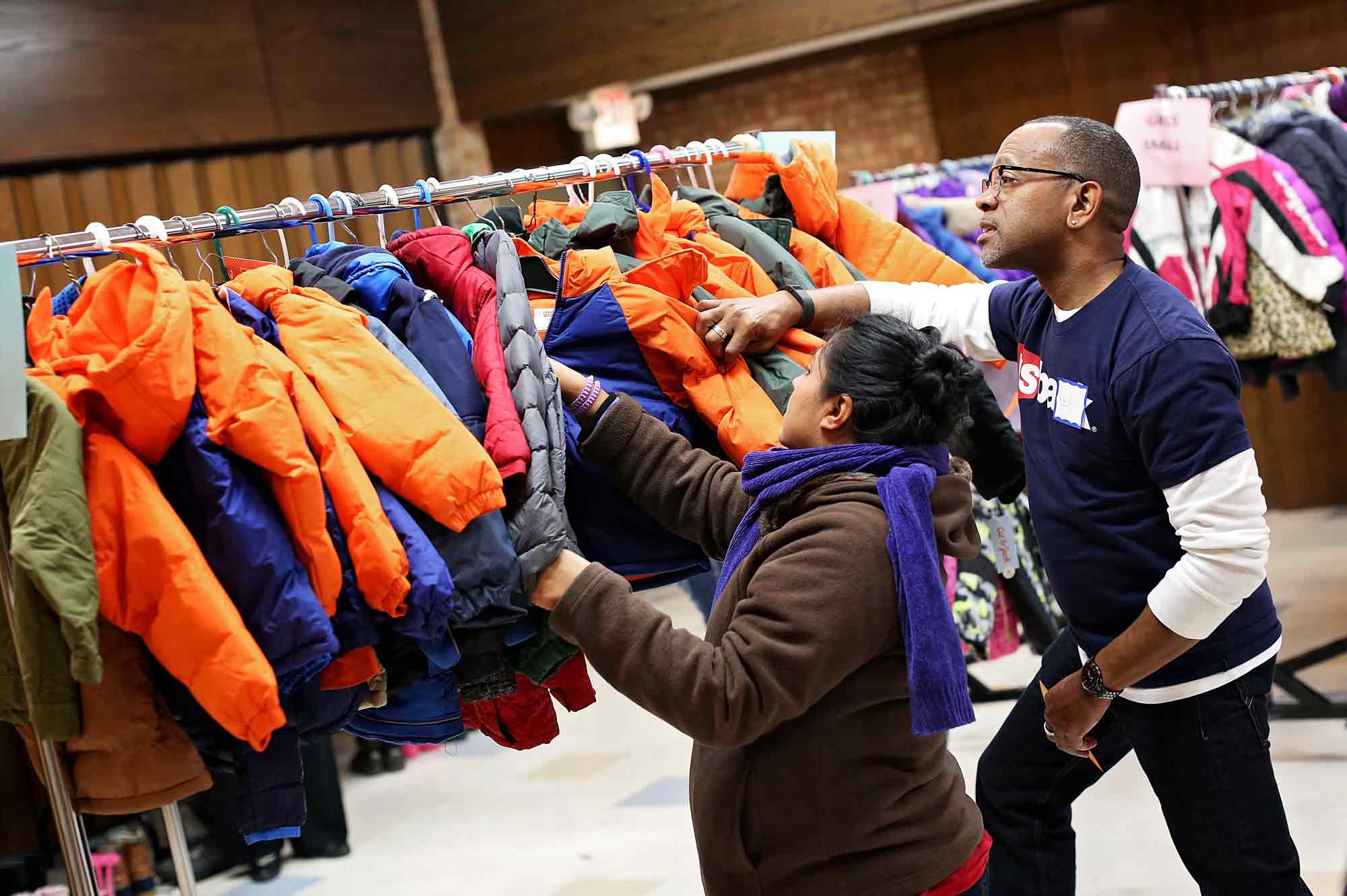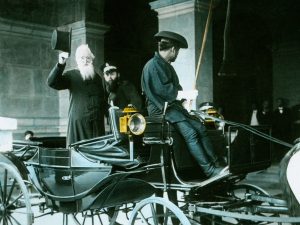Do you know your love language?
Family counselor and best-selling author Dr. Gary Chapman believes by understanding the five love languages—words of affirmation, quality time, gifts, acts of service and physical touch—we can better communicate admiration, affection and care, improving our marriages, families and even our workplaces.
“If you really want the person to feel loved,” Dr. Chapman explained on an episode of the Do Gooders Podcast, “then you do make the effort to learn to speak their language.”
Despite the romantic associations tied to Valentine’s Day, the celebration of love shouldn’t be confined to couples—biblical love certainly isn’t. In fact, Scripture calls us to above all, love each other (1 Peter 4:8) by meeting the spiritual and physical needs of our neighbors. True biblical love requires loving beyond our inner circle—outside our marriages, families and friends. It requires looking to those who are often marginalized or unseen, observing their needs and then meeting those needs.
It may sound like a tall order. But, thankfully, we can look to Jesus and see an example of perfect, selfless, community-focused love. The Gospels record how Jesus loved his community in each of five love languages. He spent quality time with Mary Magdalene, spoke words of affirmation to Peter, served his disciples by washing their feet, gave his followers abundant food and touched lepers with healing hands.
We can similarly bless our communities. When we intentionally show love through words, time, gifts, service and touch, we ensure everyone feels chosen, appreciated and cared for.
Discover how you can care for your community in each of the five love languages.
Words of affirmation: Send valentines to seniors
According to a study by Cigna Health, over 40 percent of Americans older than 65 report feeling lonely. And these feelings can be exacerbated by holidays usually spent with loved ones, like Valentine’s Day.
Handwritten valentines cards can remind older neighbors they are valued and loved, brightening a potentially sad day. Affirming notes are welcome at Salvation Army Silvercrest Senior Residences, which offer shelter, community and support to low-income seniors.
Quality time: Volunteer to meet physical and spiritual needs
Spend quality time with your neighbors by volunteering at a community center in your area. Sports leagues, art classes, Bible studies and walking clubs offer plenty of opportunities to meet the relational and spiritual needs of seniors, youth and people in need.
Salvation Army Corps across the U.S. offer community programming led by volunteers. Discover where you can have the greatest impact and view open opportunities through The Salvation Army Western Territory’s database.
Gifts: Organize a candy-gram fundraiser
This classic high school fundraiser is a perfect idea if you want to give a gift to your community while encouraging your friends to give gifts to each other. Cut out paper hearts, stock up on Valentine’s Day treats and offer to hand-deliver the candy-grams for a small fee.
Then, keep spreading the love by supporting programs in your community with the proceeds. A $100 gift to The Salvation Army can provide 80 meals or three nights of shelter to neighbors in need, meaning a simple Valentine’s Day fundraiser can give dozens of people the gift of hope.
Acts of service: Plan a volunteer day
Last year, over 1.2 million people volunteered to help The Salvation Army do good across the U.S., according to the organization’s 2022 National Annual Report. And those 1.2 million people helped provide more than 1.7 million meals and 7.7 million nights of shelter to community members in need.
Contact your local Salvation Army Corps and ask how you can assist with their programs. Would they appreciate assistance distributing food? Or sorting through donations? Or cleaning up after a disaster? Whatever your skills and passions, you can use them to fight for good and love your neighbors in need.
Physical touch: Donate winter coats
While we can’t recommend hugging strangers as you go about your day, ensuring people feel safe, warm and secure is a great way to show love. During winter months, the challenge of staying warm can burden low-income community members with extra utility bills or the cost of winter clothing.
Keep your community warm by sorting through your lightly used coats, or organizing a neighborhood coat drive. Then, pass them along to your local Salvation Army. The jackets your children have long outgrown, or the coats you haven’t worn since relocating somewhere sunny, can be as good as a warm hug to your unhoused or low-income neighbors.
Do Good:
- Read “The Five Love Languages” by Dr. Gary Chapman
- Did you know The Salvation Army served 31 million Americans last year fighting hunger, homelessness, substance abuse and more—all in a Fight for Good? Where can you help? Take our quiz to find your cause and learn how you can join in today.
- Subscribe to the Do Gooders Podcast and tune in for good ideas. Get inspiration from the experts on how to do good and find meaning along the way—and join thousands in making an impact for good right where you are.
- Need some extra motivation to do good today? Follow Caring Magazine on Instagram for inspiring stories, podcasts and more to get you in the Fight for Good.












